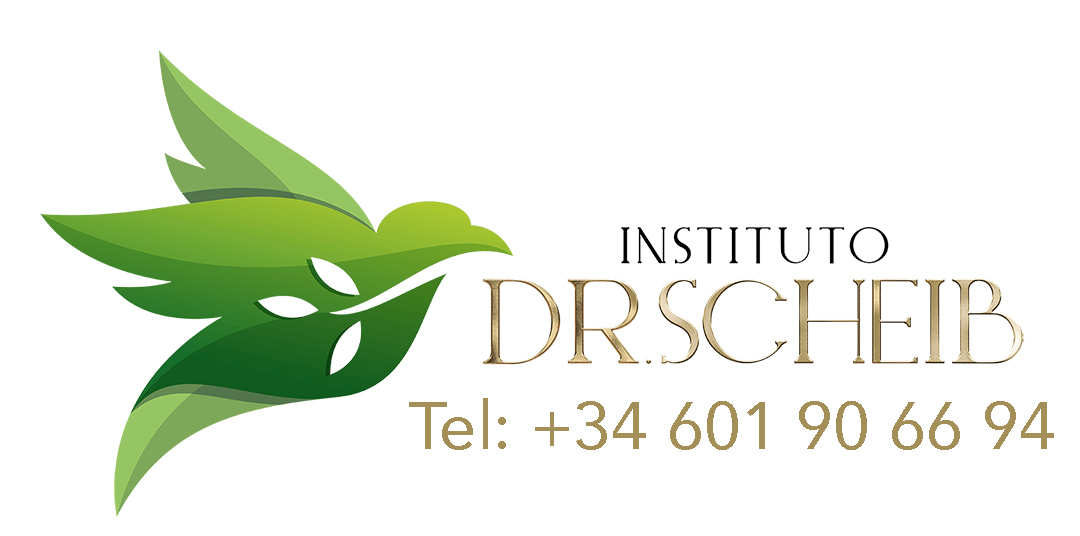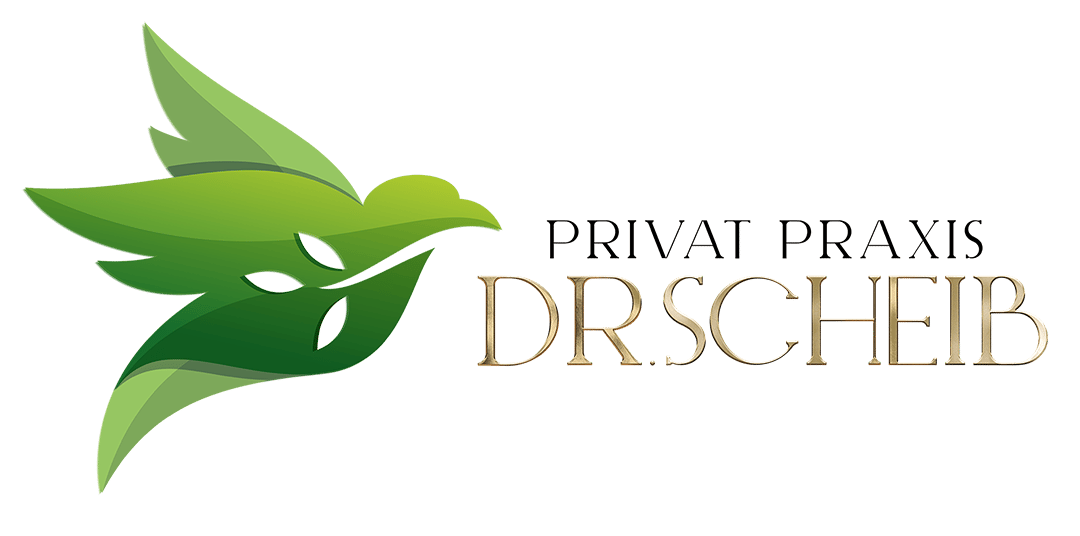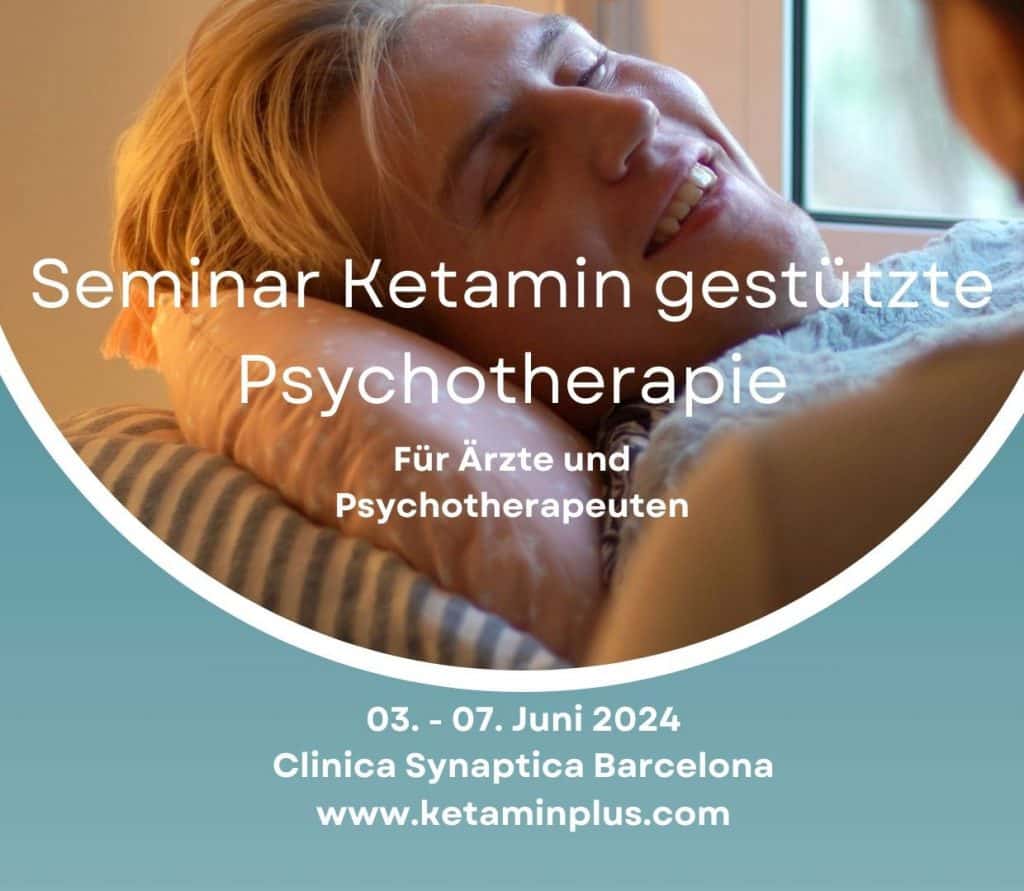Ketamine-assisted psychotherapy
Why ketamine in psychotherapy?
Ketamine-assisted psychotherapy uses the anesthetic ketamine in lower doses to induce an altered state of consciousness in a safe environment. Ketamine reduces depressive and anxious states, the stress tolerance window is larger and patients find it easier to open up, allowing them to experience themselves in a new and different way. The use of ketamine as part of psychotherapy leads to more compassion for oneself, more clarity and serenity. Ketamine-assisted psychotherapy integrates various psychotherapeutic methods to facilitate new experiences and integrate unprocessed memories.
Various treatments can be used in ketamine-assisted psychotherapy:
- Hypnosis
- IFS (systemic therapy with inner personality parts)
- body-oriented techniques
- Attachment and polyvagal theory
- Psychotraumatology
Ketamine-assisted psychotherapy has been increasingly used in recent years for the treatment of severe depressive disorders, anxiety disorders and obsessive-compulsive disorders, as well as (complex) post-traumatic stress disorder (PTSD) and addiction. As ketamine promotes neuroplasticity, it is ideal for combining with other therapeutic procedures.
Mario Scheib, MD
Specialist in psychosomatic medicine and psychotherapy
In addition to my work as a general practitioner and emergency doctor, in-service training in psychotherapy, hypnosis and psychoanalysis. Conducting training and research projects on transcultural psychosomatics and the history of psychotherapy in Sri Lanka and South America. Since 1995, training and further education institute for doctors on Mallorca. Since 2002, private clinic for psychotherapy, psychosomatics and addiction medicine on Mallorca. Since 2020, additional practices in Munich and Berlin. Since 2015, use of ketamine as part of a multimodal therapy model with intensive psychotherapy, hypnosis and brain stimulation procedures.
Medical seminars Dr. SCheib
Ketamine-assisted psychotherapy seminar
The ketamine-assisted psychotherapy training consists of a theoretical and a practical part. In addition to the theoretical background, you will learn the specific procedure and implementation of a ketamine-assisted psychotherapy session. What needs to be clarified beforehand (indication and contraindication, off-label, …), how the session is prepared, conducted and followed up. You will have the opportunity to experience the effect yourself, as well as to take on the role of a psychotherapist and accompany a session.
In 2024 we will again be offering a seminar for doctors and psychotherapists on our treatment method of ketamine-assisted psychotherapy.
The seminar Ketamine Assisted Psychotherapy will take place from 02.06.2023 – 07.06.2023 in cooperation with the Clinica Synaptica in Barcelona. We are very pleased to have Phil Wolfson, MD, a luminary in the field of ketamine-assisted psychotherapy, as a speaker for our training course.









